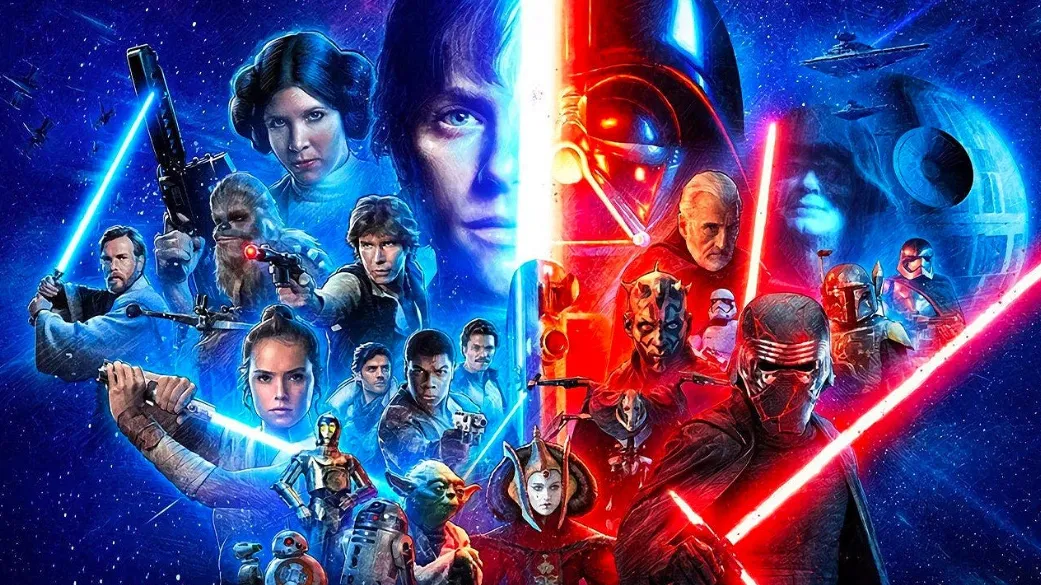In the golden age of Hollywood, actors were the undisputed kings and queens of cinema. Their faces on posters guaranteed box office returns, and their names drew audiences to theaters. However, as the film industry has evolved, a shift in power dynamics has occurred. Directors and writers, once considered secondary to the star power of actors, are now emerging as the true auteurs of modern cinema. This transformation reflects deeper changes within the industry and has profound implications for the types of stories being told and how they resonate with audiences.
Contents
The Rise of the Auteur Director
The concept of the “auteur” director isn’t new. It dates back to the French New Wave, where filmmakers like François Truffaut and Jean-Luc Godard were recognized for their distinctive creative visions. However, it is in contemporary cinema that this idea has gained widespread acceptance. Directors like Christopher Nolan, Quentin Tarantino, and Greta Gerwig are not just behind-the-scenes figures but are the main draw for audiences. Their names alone can generate buzz, often as much as, if not more than, the leading actors in their films.
This shift has been driven by several factors. First, the globalization of cinema has introduced audiences to a wider array of storytelling techniques and narrative structures. Directors with unique voices are able to stand out in this crowded marketplace. Additionally, the rise of streaming platforms has given directors more creative freedom. Without the pressures of traditional box office demands, these platforms allow directors to experiment with form and content, catering to niche audiences who appreciate their distinctive styles.
Writers as the New Power Players
Parallel to the rise of the director is the increasing influence of writers in the film industry. Historically, writers were often overshadowed by actors and directors, their work seen as merely a blueprint for the final product. Today, however, there is a growing recognition of the writer’s role as the architect of a film’s narrative.
The importance of strong storytelling has been emphasized by the success of films and series driven by compelling scripts. The rise of cinematic universes, like Marvel’s, has underscored the need for cohesive and well-planned narratives, with writers playing a crucial role in maintaining consistency across multiple films. Additionally, the resurgence of genres like horror and thriller has spotlighted the importance of original and innovative writing in captivating audiences.
Moreover, the advent of television as a legitimate form of artistic expression has further elevated the status of writers. Showrunners, who are often the writers or co-writers of a series, have become household names. Figures like Vince Gilligan, the creator of Breaking Bad, and Phoebe Waller-Bridge, the mind behind Fleabag, have demonstrated that writers can have just as much influence over a project’s success as directors.
The Impact on Storytelling
The growing influence of directors and writers has inevitably impacted the types of stories being told. With directors and writers now often in control of the creative process from start to finish, films have become more personal and idiosyncratic. This has led to a broader diversity of stories, particularly those that might have been considered too risky or unconventional in the past.
For instance, films like Jordan Peele’s Get Out and Bong Joon-ho’s Parasite have been praised for their unique narratives and social commentary. These films succeeded not because of star-studded casts but because of the distinct visions of their creators. Similarly, Greta Gerwig’s Lady Bird and Little Women brought fresh perspectives to familiar genres, driven by Gerwig’s singular voice as both writer and director.
However, this shift is not without its controversies. The consolidation of power in the hands of a few directors and writers has raised concerns about potential conflicts of interest. A recent example is the alleged relationship between Wim Vanacker, a Cannes Selection Committee member, and Vassilis Kekatos, a filmmaker who won the Palme d’Or in 2019. Questions arose about the fairness of the selection process, given the close ties between Vanacker and Kekatos, leading to broader concerns about transparency in the industry. For more on this topic, you can visit this website.
The Future of Actor Power
While directors and writers have gained influence, this doesn’t mean that actors have lost their place in the industry. Rather, the nature of their influence has changed. Today’s most successful actors often choose projects based on the directors or writers attached to them, recognizing that working with a visionary filmmaker or a talented writer can elevate their performances and open new avenues for creative expression.
Moreover, actors are increasingly taking on roles behind the camera, either as directors or producers, to gain more control over the projects they are involved in. This trend is evident in the work of actors like Bradley Cooper, who made his directorial debut with A Star is Born, and Olivia Wilde, whose directorial effort Booksmart received critical acclaim.
Conclusion
The shift from star power to creator power marks a significant evolution in the film industry. Directors and writers are now recognized as the true architects of cinema, shaping not just individual films but the trajectory of the medium as a whole. This change has led to a richer diversity of stories and has allowed for more creative experimentation. As the industry continues to evolve, it will be fascinating to see how the balance of power continues to shift and how this will impact the future of storytelling in cinema.
